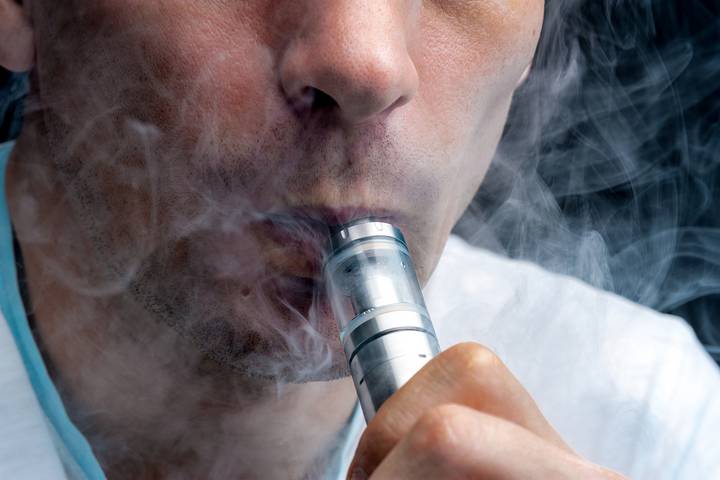Depression is a disease with a wide range of severity. It is one of the most common diseases across the world. In the US alone, the lifelong incidence of depression for men is of 8-12% and for women it is of 20-26%. However, it is much more common for people to experience its milder forms. Severe depression is a very serious condition and, if you feel that you or someone you know may be affected by it, it is critical that you acknowledge the problem and seek help.
This blog post reviews some of the signs of severe depression in the workplace, along with several mental health treatments to adopt in the workplace. Depression is an incredibly variable condition; individual cases can be quite different from one another. Always remember to take your or someone else’s particular situation into account.
Here are six warning signs of severe depression in the workplace:
1. Hopelessness


Feelings of hopelessness, that nothing is worth much of anything and that you are worthless, there is no hope for you, are a very common sign of severe depression. They occur in milder cases, but will be more serious in cases of severe depression.
These feelings are associated with a panoply of painful feelings. They can include unshakable feelings of guilt, about a specific life experience or just in general. These may also lead to severe self-criticism, which can also eventually lead to thoughts of death and suicide.
2. Morbid Thoughts


This includes a wide variety of thoughts and actions related to death. It can be thoughts of dying and suicide, or actual suicide attempts. These are incredibly serious. If you notice these feelings in yourself or a friend, seek help. There are a wide range of services out there, seek them out and take advantage of them!
3. Inability to Care for Oneself


Mild depression often includes symptoms such as a loss of appetite, overeating, sleeping too much or too little. It also includes a general lack of motivation. This lack of motivation may be at the root of all of the previous problems. It can also lead to a difficulty being involved in day-to-day life.
Depression can affect a person’s work life. It also includes a lack of interest in activities that you once found interesting. With severe depression, these symptoms are intensified and can lead to an overall inability to care for oneself. The motivation to perform these tasks my become so low or fully absent that a person affected will be unable to go about their daily lives.
4. Lack of Interest in Pleasurable Activities


The clinical term for this in Anhedonia. It is a condition describing people who cannot enjoy activities that they used to enjoy or/and have difficulty experiencing pleasure. People who are experiencing anhedonia will find that they are not interested in activities that they used to enjoy and will also often experience social withdrawal as many of these activities are done in groups.
Anhedonia and social withdrawal are some of the many catch-22s of depression. Because of a lack of interest in pleasurable activities, there is a decreased desire to participate in them. Because you are not participating in these activities that one brought you pleasure you also feel less pleasure – meaning, that you feel worse. Feeling worse then makes you even less motivated to participate in these activities.
5. Decrease or Increase in Appetite


Appetite may increase or decrease with signs of severe depression. You may find yourself eating less. This could be as a result of a lack of motivation to do pretty much anything, including eating or preparing food for yourself. It could also be a result of nausea which may also accompany depression. You could also find yourself eating more. This is a form of emotional eating. Emotional eating occurs because of an emotional hunger rather than a physical hunger. That is, you are missing something and eating to make up for this.
These symptoms are also common in less severe cases of depression. If you are only experiencing a loss or increase in appetite and none of the other symptoms listed here, then your depression may not be severe or you may be suffering from a different condition. Depression is not one thing, everybody experiences it differently. Changes in appetite will usually be experienced as one of a range of other symptoms though.
6. Psychotic Symptoms


Psychotic symptoms can occur in very severe cases. Psychosis is about an inability to perceive and grasp reality. Psychotic symptoms are things such as hallucinations and delusions. Depression with this sort of symptom is typically associated with a traumatic event or with past incidences of depression.
Depression will make you feel like there is no hope and it is a challenging condition to deal with. Still, severe depression is treatable: combinations of medications and talk therapy have been found to be very effective. With proper treatment things can get better so, don’t give up!
















